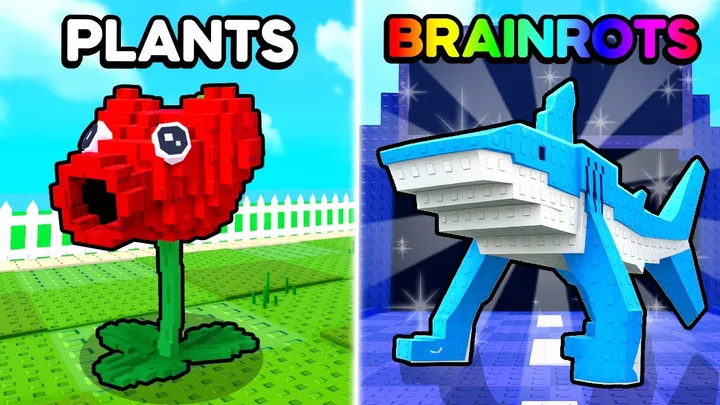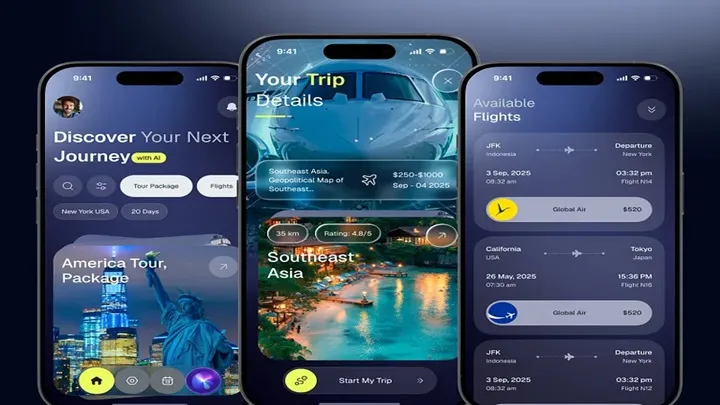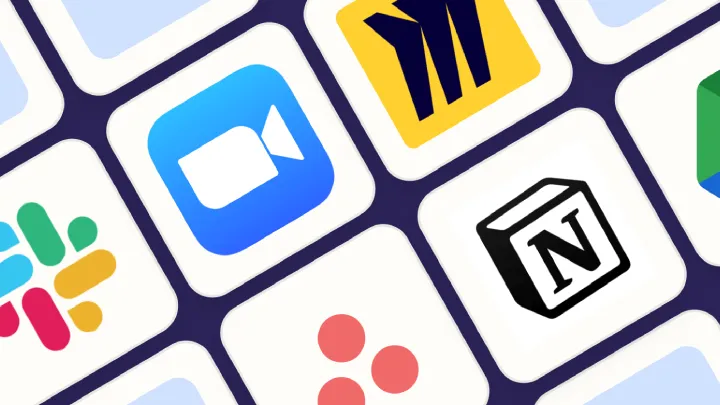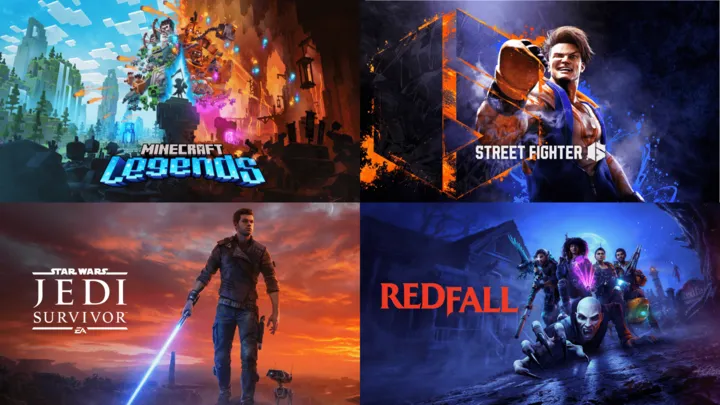Introduction
Video games have evolved from pixelated experiments on arcade machines to immersive digital worlds that span continents, cultures, and generations. Across decades, certain titles have not only entertained but also redefined what games could mean for society. They became cultural landmarks, shaping the childhoods of millions, pushing technological boundaries, and inspiring entirely new genres. These legendary titles didn’t just sell millions of copies; they created communities, changed the gaming industry forever, and influenced how we perceive interactive entertainment.
To understand the power of video games, one must look at the games that transcended their platforms, becoming symbols of eras. From arcade cabinets that gathered crowds in the 1980s to massive online universes connecting millions today, these games are much more than pastimes. They are history written in pixels, soundtracks etched into memory, and innovations that sparked revolutions.
In this article, we will journey through ten of the greatest video games ever created—titles that not only defined their own generations but continue to inspire new ones. Each game discussed here is not just popular but monumental in the cultural, social, and technological sense. Whether you grew up with them or discovered them later, their legacy is undeniable.
1. Tetris – The Puzzle That United the World
Few games can claim the universal appeal of Tetris. Born in 1984 inside the Soviet Union, this simple yet endlessly addictive puzzle game transcended political boundaries, hardware limitations, and even language barriers. Players stack falling blocks into perfect lines, clearing space before the screen overflows. On the surface, it seems almost trivial, but its brilliance lies in its simplicity.
During the late 1980s and early 1990s, Tetris became a global sensation, especially with the release of the Game Boy. Nintendo bundled Tetris with its handheld console, effectively making it a household name. Suddenly, you could see commuters, children, and even elderly players hooked on clearing lines. It wasn’t about flashy graphics or complex narratives; it was pure gameplay distilled into its most addictive form.
Culturally, Tetris proved that video games could be universal. Unlike many other titles tied to a specific platform or demographic, Tetris spread like wildfire, played in arcades, consoles, PCs, and eventually mobile phones. It defined a generation because it showed that games were for everyone—not just hardcore gamers. Even today, its influence can be seen in puzzle titles and competitive variants that continue to captivate audiences.
2. Super Mario Bros. – The Jump That Saved Gaming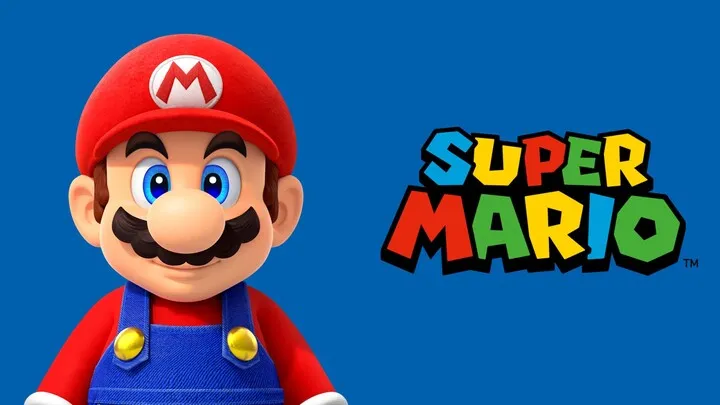
In 1985, the gaming industry was in crisis. The video game crash of 1983 had nearly destroyed confidence in the medium. Then came Super Mario Bros. for the Nintendo Entertainment System (NES), and everything changed.
Shigeru Miyamoto’s creation not only introduced the world to Mario’s iconic red cap and mustache but also reinvented platform gaming. Players embarked on colorful adventures across the Mushroom Kingdom, leaping over pits, stomping on Goombas, and rescuing Princess Peach. It was intuitive, accessible, and fun for all ages.
But Super Mario Bros. wasn’t just a great game; it revived the gaming industry. Its enormous success restored faith in home consoles, making the NES a must-have household item. Generations of players remember their first moments pressing that jump button, timing it just right to land on a platform. The game’s cultural impact extended far beyond gaming—Mario became a global mascot, recognizable alongside characters like Mickey Mouse.
The legacy of Super Mario Bros. is immortal. It defined its generation by proving that video games were not just a fad but a legitimate form of entertainment that could create icons lasting for decades.
3. The Legend of Zelda: Ocarina of Time – Redefining Adventure
In 1998, Nintendo released The Legend of Zelda: Ocarina of Time for the Nintendo 64, and with it, redefined what an adventure game could be. Players stepped into the role of Link, exploring the vast kingdom of Hyrule, solving puzzles, battling enemies, and unraveling an epic tale.
What made Ocarina of Time legendary was not only its story but its pioneering mechanics. The lock-on targeting system, seamless open-world exploration, and cinematic storytelling pushed the boundaries of 3D game design. It was one of the first times players felt like they were inhabiting a living, breathing fantasy world rather than just completing levels.
For a generation of gamers, Ocarina of Time was more than entertainment—it was a journey. It bridged childhood imagination with interactive storytelling in ways previously unimaginable. Critics still regard it as one of the greatest games ever made, and its influence is felt in countless open-world adventures that followed, from Skyrim to Breath of the Wild.
4. Final Fantasy VII – The RPG That Changed Storytelling
When Final Fantasy VII launched in 1997 on the PlayStation, it didn’t just become a hit—it became a phenomenon. Combining stunning pre-rendered graphics, emotional storytelling, and unforgettable characters, it introduced millions of players outside Japan to the world of role-playing games (RPGs).
The story of Cloud Strife and his battle against Sephiroth captured hearts with its blend of personal drama, environmental themes, and cinematic presentation. For many, it was the first time a video game made them cry. The infamous scene involving Aerith remains one of the most shocking and emotional moments in gaming history.
Final Fantasy VII defined its generation by proving that games could tell stories rivaling movies and novels. Its success also solidified the PlayStation as the leading console of its era. To this day, its legacy endures through remakes, spin-offs, and a loyal fan base that considers it the gold standard for narrative-driven RPGs.
5. Halo: Combat Evolved – The FPS That Shaped a Console
In 2001, Halo: Combat Evolved launched with Microsoft’s brand-new Xbox console, and instantly became its defining title. While first-person shooters (FPS) already had icons like Doom and Quake, Halo brought the genre to consoles with unprecedented polish.
Players stepped into the armor of Master Chief, battling alien forces across massive environments. What made Halo revolutionary was not just its campaign but its multiplayer. LAN parties became the heartbeat of a generation, where friends connected their Xboxes and spent entire nights battling across Blood Gulch.
Halo defined a generation by establishing online console shooters as a dominant force. It also cemented Microsoft’s place in gaming, ensuring Xbox would compete with PlayStation and Nintendo. The iconic energy sword, Warthog vehicles, and Halo ring itself became symbols of gaming culture. Without Halo, competitive multiplayer as we know it today might look very different.
6. World of Warcraft – The MMO That Ruled a Decade
In 2004, Blizzard released World of Warcraft (WoW), and it became more than a game—it became a lifestyle. Millions of players from around the globe joined Azeroth, forming guilds, embarking on raids, and losing themselves in an endless fantasy world.
Unlike earlier MMOs, WoW perfected accessibility, charm, and depth. Players weren’t just grinding levels; they were living alternate lives. Stories emerged of friendships, marriages, and even careers formed inside its digital borders. At its peak, WoW had over 12 million subscribers, dominating the online gaming landscape.
For a generation, World of Warcraft was the definition of social gaming. It transformed how we thought of online communities, proving that digital friendships could be just as meaningful as real-world ones. Its influence is seen today in every online service game that tries to capture even a fraction of its magic.
7. Minecraft – Creativity Without Limits
If Tetris was about simple puzzles, Minecraft was about limitless creation. Released in 2011, this blocky sandbox title became a cultural juggernaut. Players mined resources, built structures, and crafted entire worlds limited only by imagination.
For younger generations, Minecraft became more than a game—it was an educational tool, a platform for expression, and even a way to learn coding. Its multiplayer servers birthed new genres, from survival challenges to role-playing communities.
The game defined its generation by shifting focus from competition to creativity. It empowered players to be architects of their own worlds, and its longevity is unmatched. Even today, Minecraft thrives, bridging generations and remaining relevant thanks to its accessibility and infinite possibilities.
8. Grand Theft Auto V – The Open World Revolution
When Grand Theft Auto V released in 2013, it set records that few games could rival. With its sprawling recreation of Los Santos, dynamic storytelling, and unprecedented freedom, it redefined what an open-world game could be.
Players could switch between three protagonists—Michael, Franklin, and Trevor—each with their own storylines that intertwined in cinematic brilliance. Beyond the main narrative, the open world was alive with activities, from heists to golf to stock trading.
The introduction of GTA Online expanded its impact further. Suddenly, Los Santos became a persistent playground for millions worldwide, blending social interaction, creativity, and chaos. GTA V has remained one of the best-selling games of all time, defining its generation by pushing technical boundaries and reshaping expectations for open-world experiences.
9. The Legend of Zelda: Breath of the Wild – Reinventing Exploration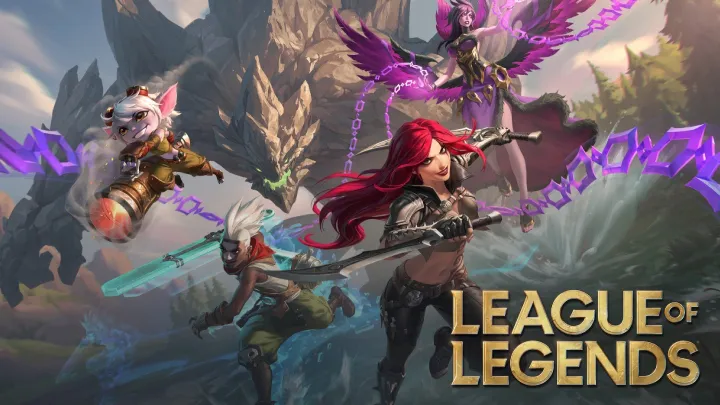
In 2017, Nintendo once again redefined gaming with The Legend of Zelda: Breath of the Wild. While Ocarina of Time had set the standard for 3D adventure, Breath of the Wild shattered conventions of open-world design.
Players were given unprecedented freedom. There were no strict sequences, no mandatory paths—just a vast world filled with mysteries, shrines, and emergent gameplay. Climb mountains, cook meals, experiment with physics, or charge straight to the final boss—the choice was yours.
Breath of the Wild defined a generation by showing that freedom and discovery could be central to a game’s design. It wasn’t about following a map of icons but about experiencing genuine wonder. Its influence is evident in countless games that now chase the same sense of organic exploration.
10. Fortnite – Redefining Multiplayer Culture
When Fortnite: Battle Royale launched in 2017, it seemed like just another game chasing trends. But within months, it exploded into a cultural phenomenon that defined an era of gaming and internet culture.
The blend of shooting mechanics, building systems, and colorful aesthetics made Fortnite accessible to all ages. Its free-to-play model, constant updates, and live events—such as in-game concerts with Travis Scott or Ariana Grande—turned it into more than a game; it became a platform for culture itself.
For a generation raised on streaming and social media, Fortnite was perfectly timed. It became the face of the battle royale genre, influencing countless other games. More importantly, it showed how games could become shared cultural spaces, blurring lines between play, music, and entertainment.
Conclusion
From the falling blocks of Tetris to the expansive freedom of Breath of the Wild and the cultural juggernaut of Fortnite, these ten games represent milestones in gaming history. Each title defined its generation not merely through innovation but by shaping how people played, connected, and imagined.
These games weren’t just successful—they were transformative. They sparked friendships, created memories, and influenced industries far beyond gaming. Together, they show how video games have evolved from simple pastimes into defining cultural forces.
